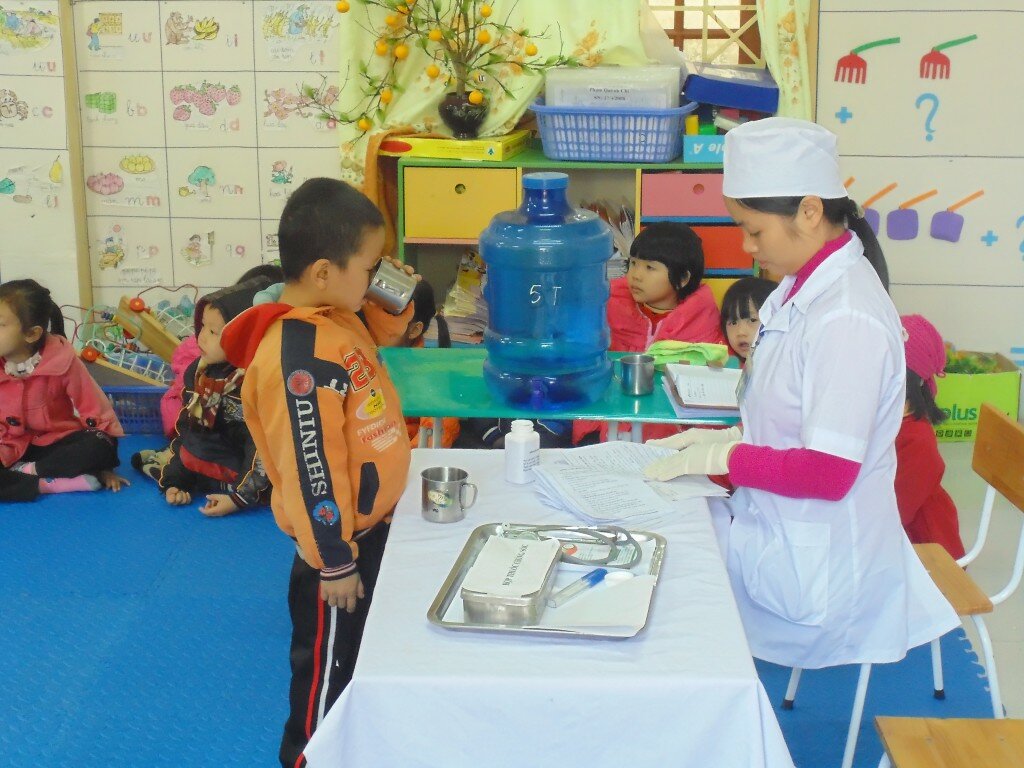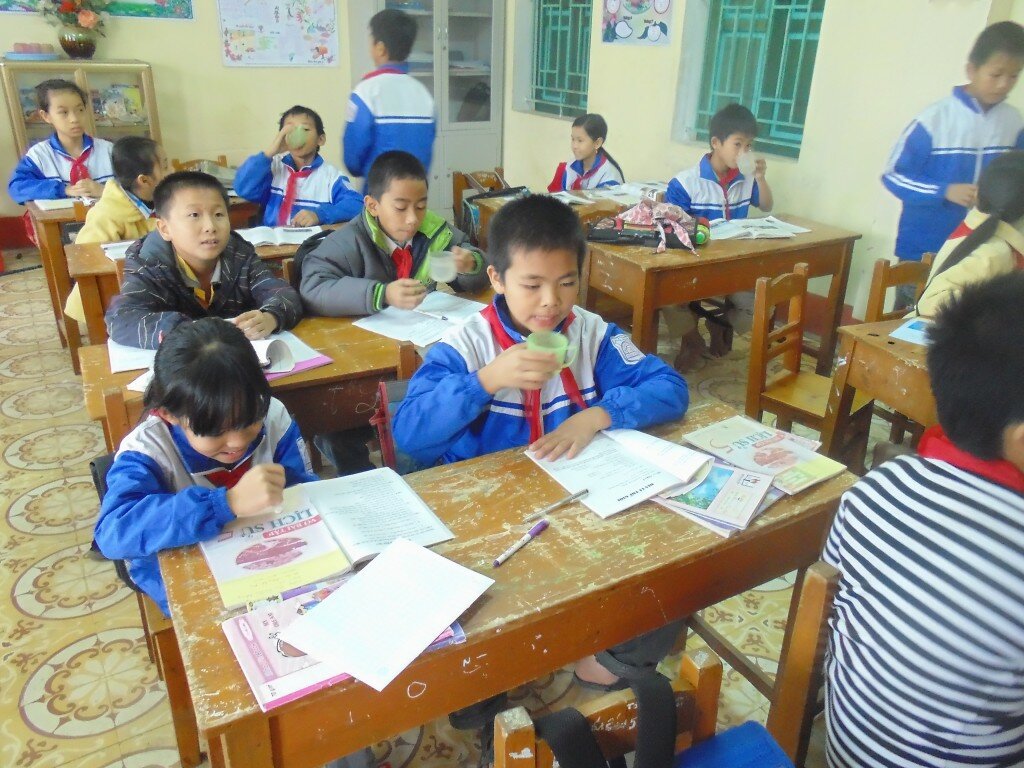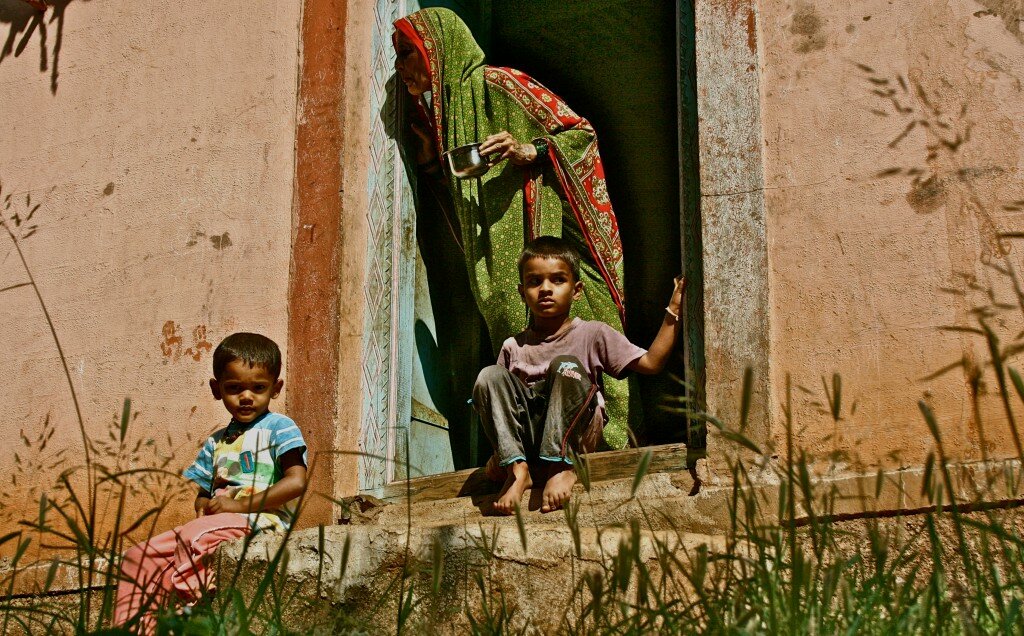 Each month, END7 honors one student who has made a significant contribution to our growing movement of student advocates dedicated to seeing the end of neglected tropical diseases (NTDs). We are very proud to introduce our February Student of the Month, Tahseen Karim, who joined the END7 Student Advisory Board just last month. Tahseen, a first-year medical student at UT Houston, shares:
Each month, END7 honors one student who has made a significant contribution to our growing movement of student advocates dedicated to seeing the end of neglected tropical diseases (NTDs). We are very proud to introduce our February Student of the Month, Tahseen Karim, who joined the END7 Student Advisory Board just last month. Tahseen, a first-year medical student at UT Houston, shares:
“I have always truly enjoyed volunteering and philanthropy. However, coming in to medical school, I was under the impression that there would not be any time for service. I imagined my schedule filled with endless lectures, mandatory meetings and power naps. After a few weeks in, these expectations became realities. But rather than break me down, I found that my new stressful lifestyle actually empowered me. As a pre-professional at one of the state’s best medical schools located in the world’s largest medical center, I felt that I was in a position to do great things. With newfound ambition, I ran for student government, and became the Service Senator of the UT Houston Class of 2018. I made it my priority to utilize my influence in the community as a medical student to make a difference in the world.
Seeking out a potential class charity to support for the year, I soon learned about END7 from other medical students who knew Emily Conron, the campaign’s Student Outreach Coordinator. My classmates did not hesitate to choose END7 as our class charity, and we quickly began to work toward our goal of raising $25,000. A semi-formal banquet held in February was our very first fundraising event of the year. I was very proud of everyone who worked so hard while handling a full course load to help make this event successful. It was truly inspiring to see so many of my classmates believe in a good cause enough to sacrifice time and effort for it. We raised over $5,000 in one night and hope to continue achieving positive outcomes in the future. I can tell our futures as physicians as well as humanitarians look promising.”
We are so grateful for Tahseen’s continued commitment to END7 and are excited to see our like him grow. If you are ready to get your school involved in END7’s work, contact the END7’s student outreach coordinator at to learn how you can get started!




